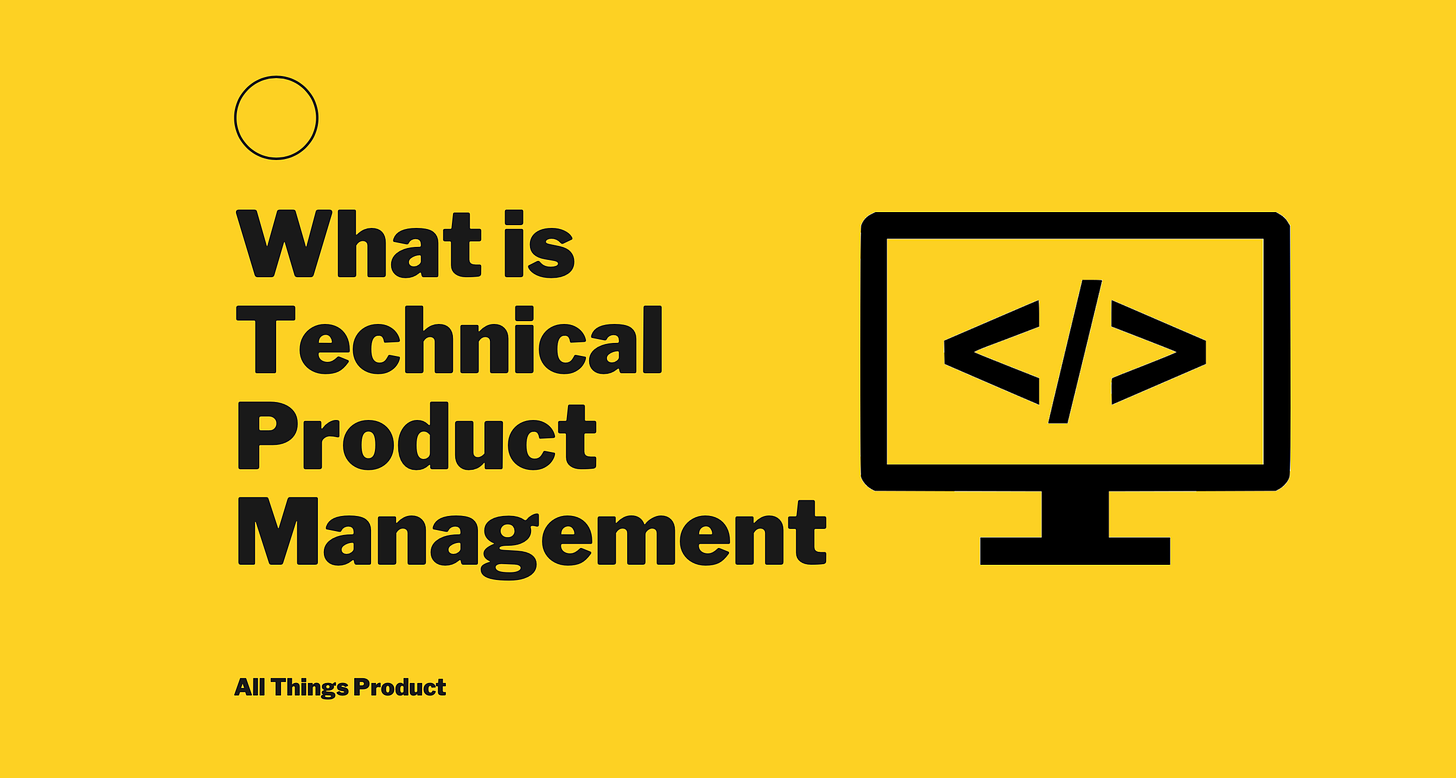What is Technical Product Management Anyway?

Technical Product Management combines some of the most sought-after skills in one single position.
TPMs often build products for product people, which requires acute knowledge of both customer and business needs. They know how to collect and deploy data, cracking the engineer’s process and becoming problem-solving machines. Learn some exclusive insights on the TPM profile from Jack Moore, PM at Qventus.
Meet Jack Moore
Jack Moore is a Senior Product Manager at Qventus based out of Mountain View, CA. Specializing in platform and data products, he has a passion for creating products that empower users with simple and powerful data insights.

I’ve had the distinct pleasure of working with a few really great product managers. As a start, great product managers need to be humble, empathetic, and flexible. PMs need to have all of the soft skills and ambition to adjust to the mile-wide, foot-deep base of knowledge that it takes to fill the gaps that their team doesn’t realize they have.
Along with those soft skills, though, PMs need to have a certain degree of proficiency with the technology that forms the foundation of the product they’re building. They need to get technical. Technical Product Management (TPM) involves the management of products of relatively high technical complexity.
TPMs often have a different notion of who their users are. Often TPMs have a mission of empowering others to more effectively serve users, rather than serving them directly. In fact, some TPMs build products for use by other Product Managers. With all that said, the notion of technical and non-technical Product Managers being a binary distinction is a myth.
Every Product Manager requires some degree of technicality in order to be great at what they do and their challenge is to figure out where they need to be on this scale of technical aptitude.
Building a different type of user experience
Technical product managers often build things for people who build things for people. Research on users can come from many places. That is, User Researchers, Sales, Designers, articles…All in all, the best place for a PM to learn about their user will always be, get this, the user. Go figure. Building products that enable others to build means understanding two mentalities: those doing the building, as well as those they’re building for.
Technical PMs don’t just have to have a basic idea of how their highly technical products work, they need to know how it impacts their users. The data pipelines that affect how quickly data is made available in a UI. The data science algorithms that fuel recommendation and other site personalization features, are the sorts of things that highly technical PMs are good at building.
These are not necessarily front-end products – data science algorithms don’t have user interfaces and the team that builds the algorithm is often not the team that shows the results to the user. With that said though, understanding the implications of quality recommendations and high-speed data availability on user experience is the responsibility of the technical product manager.

Knowing your data
Technical product managers have the skills to extract, analyze, and present complex datasets in ways that tell stories about existing products and make the case for future improvements. In some places, product managers are supported by Business Intelligence Analysts, whose jobs are to investigate trends in product usage with the goal of unearthing opportunities for product improvement. Though this support certainly gives PMs some relief from data analysis, it’s unlikely that an analyst, especially one shared across multiple teams, is going to be able to support a complete, data-driven notion of how your product is being used.
Technical Product Managers are ones that understand how to uncover these hidden trends themselves. They know SQL and maybe even some Python and R. When asked what’s going on with some production code, a Technical Product Manager is psyched to dive into logs and figure out the problem. Furthermore, technical PMs are adept at communicating the data that they find. They’re familiar with the statistical concepts necessary to analyze data and present it to an audience of laypeople and they know how to tell a story with the pieces they uncover.
Walking the engineering walk
Product Management is not a job only reserved for those with deeply technical backgrounds, developers, and such. However, technical knowledge does come in handy. Perhaps the most straightforward characteristic of Technical Product Management is that you’ll be working on products that are more technically complex. Data Science, for example, is a common differentiator in the product portfolios of more technical PMs. They understand the complexities of building and implementing ML in ways that can be useful to users, to the point where they can effectively communicate related product opportunities to all manner of relevant stakeholders.

Whether you’re working with Data Engineering, Machine Learning, Developer Platforms, or some other arena of an inherently complex product, being able to at least understand, if not contribute to, the work that your engineering counterparts are working on is one way to differentiate yourself as a Technical Product Manager. Understanding the tech environment is important because it allows you to see more problems as potentially solvable.
Things that seem unfeasible, or unsolvable, on the outside start to morph into opportunities to utilize the cutting edge tools that engineers love using. Knowing the tech is going to improve your ability to recognize potential solutions, and will give you a better footing with your engineering team.
You might also be interested in: What’s in a Name? The Different Types of Product Manager
At the end of the day, not every great PM needs to be technical, but many roles and products require technical skills in order to truly thrive.



